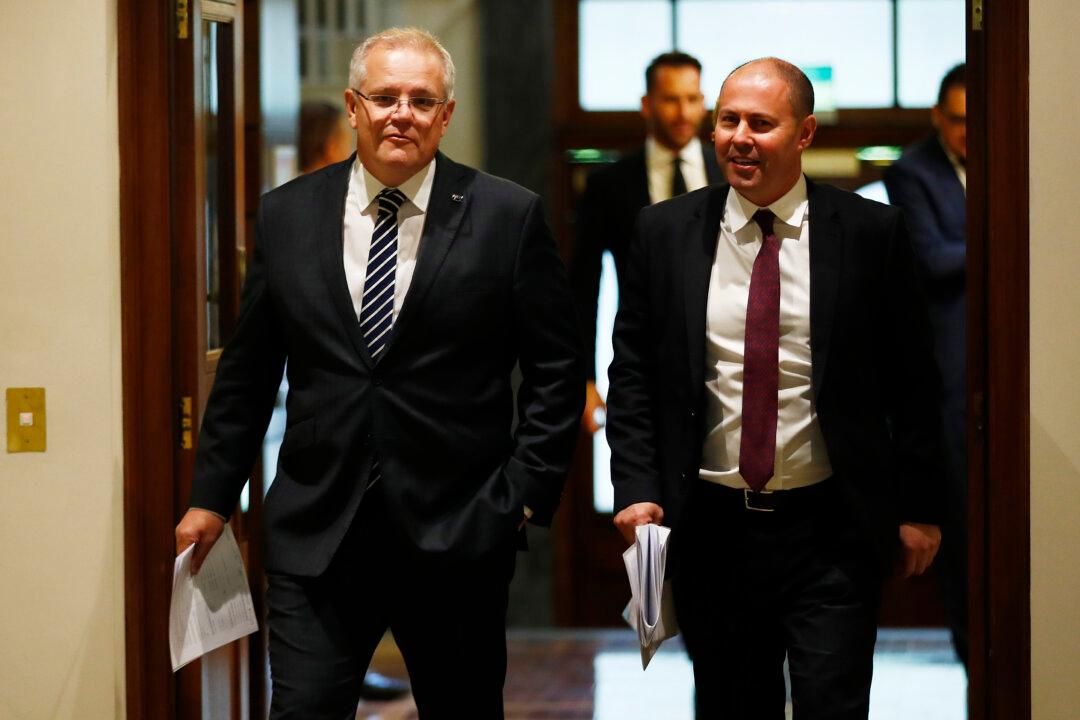On April 23, Australian Prime Minister Scott Morrison said that the jobless payments, which were doubled because of the CCP virus pandemic, will likely be cut once it’s over. This means that while the unemployed may not have yet found work, their financial support will be halved, to its normal rate.
The original Jobseeker unemployment benefit was $40 (US$25) a day but this was doubled for a six-month period as part of a huge package to help soften the blow caused by the pandemic.





